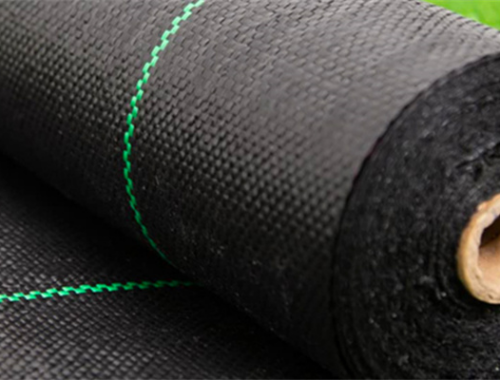This Film Gets Deep into the Spirituality of Running
‘3100: Run and Become’ explores moving meditation all over the world, from a race around a single New York City block to a 1,000-day run for Japanese monks
Toward the end of 3100: Run and Become, a new film about the philosophical side of long-distance running, Finnish runner Ashprihanal Aalto fades into the dark night of the mind, metaphorically and literally. He’s fifty-some days into a 3,100-mile race, and as the streets darken and the lights blur, he keeps pounding out strides.
It’s hard to show transcendence, especially the kind that comes from the devotional practice of moving your body, but that’s what director Sanjay Rawal was trying to capture as he filmed runners around the world. “My background is in mysticism and spirituality, so I’m interested in how running was their way to commune with the divine,” he says.
He follows Aalto, a mild-mannered forty-something paperboy, through the Self-Transcendence 3100 Mile Race, started by spiritual guru Sri Chinmoy. (Rawal was a spiritual student of Chinmoy’s.) It takes place over 52 days, and runners have to average 60 miles a day around a half-mile New York City block. Aalto has run the race 14 times and won it eight times.
Rawal moved into the neighborhood in Queens, where the race is held, in 1997, just when it was starting. “I had been a track runner, but that race scared the shit out of me,” he says. He was fascinated by the grit and mental fortitude it took to take on a run that long and mind-numbing.
Aalto and other runners’ 3100 experiences are the framework for the film, but Rawal also weaves in three other stories of moving meditation. “There are maybe just a handful of activities that track across cultures,” he says. “You can go anywhere and run and connect with people—it’s just feet and breath and heart.”
Between Aalto’s laps around the block, the film visits Shaun Martin, a Navajo runner who created the Canyon de Chelly Ultramarathon; the Bushmen of Botswana, who are trying to hold on to traditional modes of hunting by foot; and the “marathon monks" of Mount Hiei, Japan, who undertake an ascetic 1,000-day running challenge, or kaihogyo. Rawal says they were aiming to show the spiritual tradition behind running and the way it helps specific people. Martin, for example, ran 100 miles—from the boarding school where his father was sent, then back to his family’s ancestral home—hoping to come to terms with the trauma his dad had faced after being forced from his reservation.
The movie is a slow meditation in the same way distance running can be—carefully paced, with flashes of both beauty and pain. Rawal says it was a challenge both in terms of filming logistics and timing. The film crew went to Botswana just before that country declared that filming the Bushmen was illegal. They took a chance on capturing that footage, not sure if they would eventually be caught. But even that was easier than trying to sweet-talk the monks into letting them film. It took a lucky break and a running connection to make that work. “They haven’t allowed anyone to film since the eighties, but 20 years ago, Sri Chinmoy had been there,” Rawal says. “We had a picture of him with a young monk who’s now the head of the monastery, so they understood what we were trying to do.”
And while they wanted to fill the documentary with real-life action instead of postrace interviews, they couldn’t ask people who had been running for fifty-something days straight to rerun a section. At the 3100, the crew hovered around with mics and cameras, trying to stay out of the way while still capturing the action for two months. They started filming Aalto, who attended one of Shaun Martin’s races in Arizona, before they knew he was going to be a central character in the film. Everyone was just trying to capture the tenacity it takes to commit to running for hundreds of miles and what goes on inside those runners’ minds.
During those long desert miles, Rawal inadvertently drilled into the message at the heart of the film. “I was a competitive runner,” he says, “but I never had a coach that told me what Shaun says in the movie—that running is a prayer and a teacher and a celebration of life.”
You May Also Like

ユニットハウスのメリットとデメリットを徹底解説
March 20, 2025
シャーシ設計の最適化手法とその応用
March 20, 2025